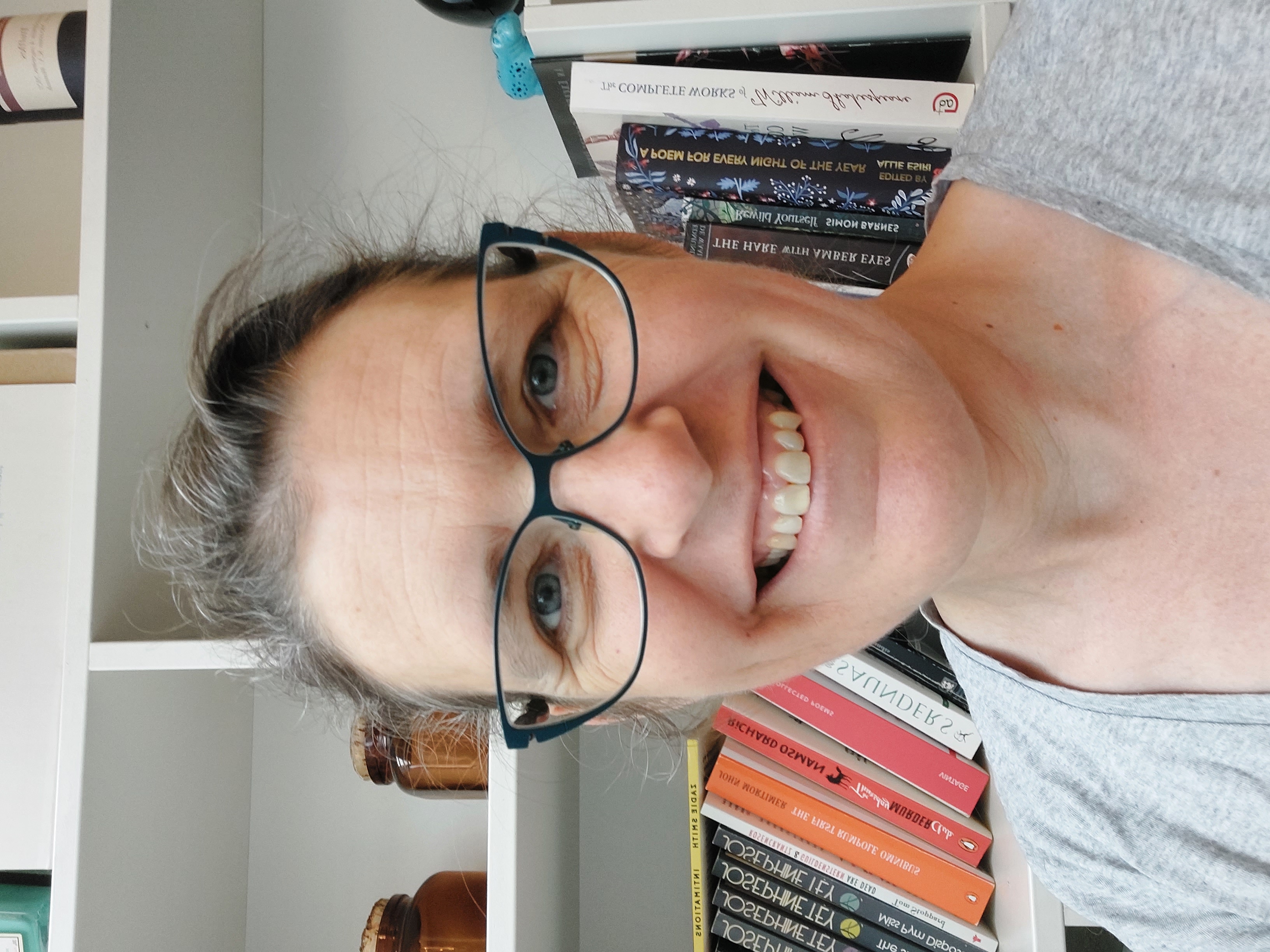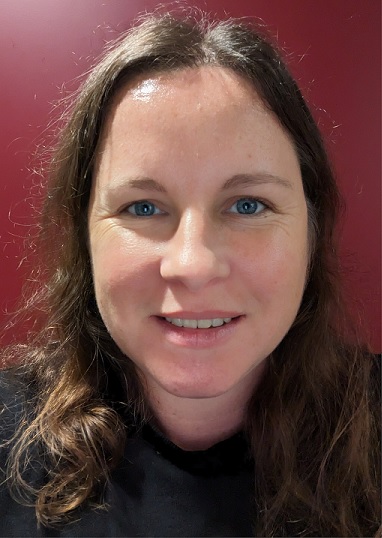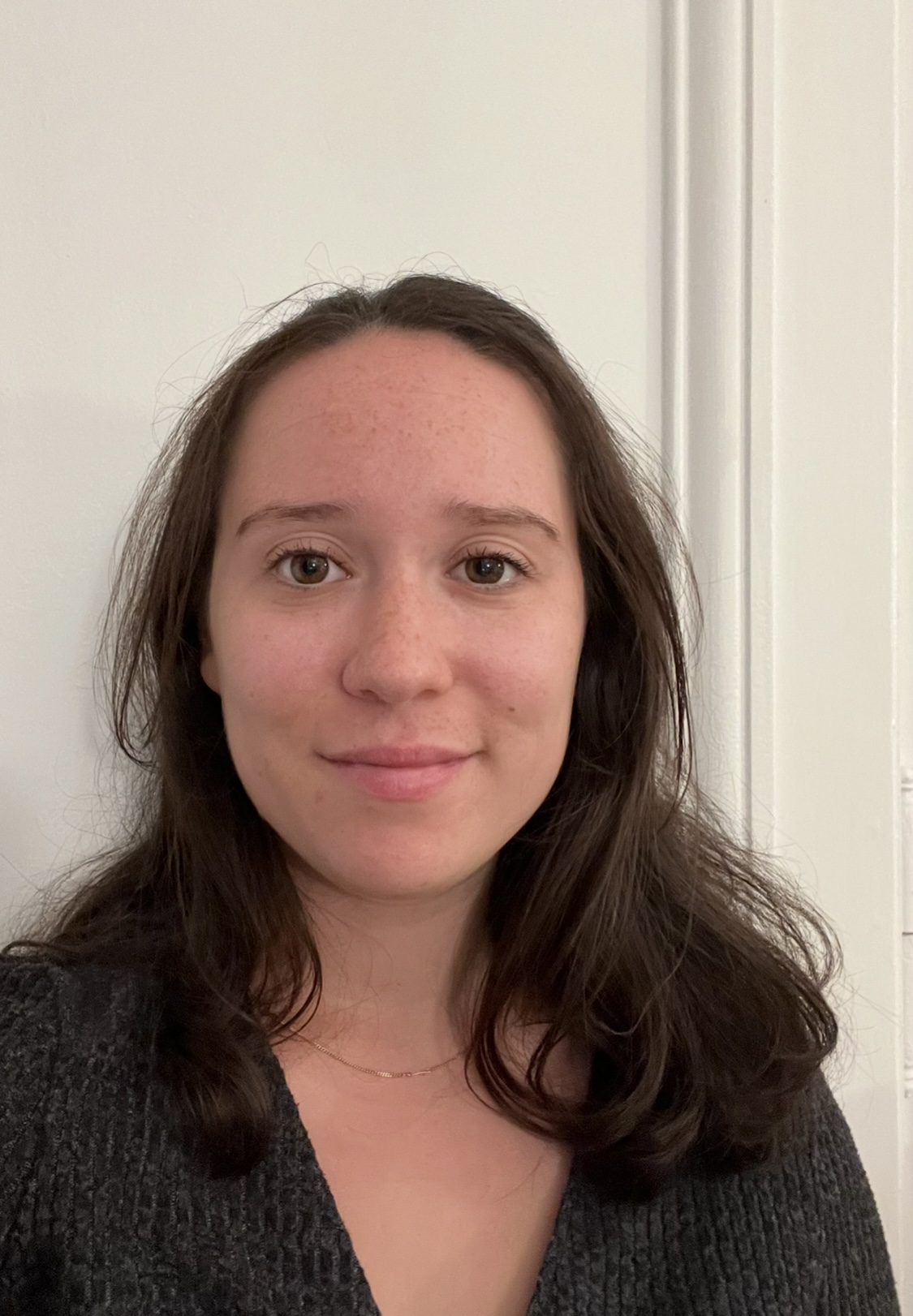Project lead
Matthew Waddington

Hello – I am a legislative drafter working half time on the Computer-Readable Legislation Project. I attended the European University Institute’s summer school on law and logic in 2018, because for a long time I had had a nagging feeling that legislative drafters and logicians have more in common than we realise. After that I took an interest in the “Rules as Code” movement which was just starting in New Zealand and then spread to Australia and worldwide. My main concern is to bring the perspective of legislative drafting offices to computational law and Rules as Code (particularly the legislative drafters and others in the Commonwealth Association of Legislative Counsel, where we now share a rigorous approach to drafting). I aim to ensure that legislative drafters (and the people who make law and are subject to it) can benefit from the opportunities that technology is offering, as well as the insights that logic and computing can offer into how we can sharpen the discipline of our drafting. I have spoken at events for the Commonwealth Association of Legislative Counsel and elsewhere, and written for CALC’s journal “The Loophole” and other publications.
I have also been teaching part time at Jersey’s Institute of Law, particularly on how to read legislation, as well as in modules on public law and jurisprudence. Previously I was deputy head of Jersey’s Legislative Drafting Office, and I worked as a legislative drafter in the UK’s Overseas Territory in Cyprus from 2004 trying to produce English equivalents of Cypriot legislation written in Greek (which means I have drafted for both entry to and exit from the EU). Before that I worked in England at the Law Commission, a university, community law centres and a private practice legal aid firm, after qualifying as a solicitor in 1990 (now non-practising).
It is really encouraging to see the range of people who have taken part in this project in different ways, each bringing their own different approaches. Thanks everyone!
Current volunteers
Leon Qiu

Hello! I’m really excited to share a glimpse into my academic and professional journey that led me here at the CRLP. During my LL.B. at the University of Edinburgh, under the supervision of Scott Wortley for my dissertation, I delved into the complexities of law in our digital era. This experience was a turning point for me, as it illuminated the potential of technology to revolutionise traditional legal practices. I found a particular passion in exploring how legislation can be crafted and improved through technological tools, making the process more efficient and accessible.
It was around this time that I met Matthew, whose insights and enthusiasm deeply resonated with me. We have shared interests in the innovative area of Rule as Code – the concept of transforming legal rules into computer code to make laws more understandable and executable by machines. This approach has the potential to bridge the gap between legal experts and the wider community, ensuring laws are interpreted consistently and applied more effectively.
Joining the CRLP felt like a natural step in my quest to contribute to this evolving field. I’m keen on pushing the boundaries of how we think about and interact with legislation in the digital age, exploring ways technology can aid in drafting laws that are clear, precise, and adaptable to rapid societal changes.
Margaux McQuilton

Hello! I’m thrilled to share my journey with you! While pursuing a French and English Law double degree at Jersey’s Institute of Law, I crossed paths with Matthew during one of my modules. He introduced me to his fascinating Computer-readable Legislative project, igniting my interest instantly. Despite lacking computer skills and coding experience initially, I dived into the digital realm during a six-week summer internship. My tasks involved parsing legislative provisions, identifying structures, and then using tools like Mermaid, QnA, Excel, and DataLex. Following this enriching experience, I eagerly continued the project for an additional six months, expanding my skills. In December 2023, I organised an event on “The Future of AI & Law,” bringing together IT and law students to find different ways to digitise legislation. Following this, I launched an ELSA essay competition focused on AI and law, leading to being shortlisted for the Jersey TechAwards.
Reflecting on this journey, I began with zero computing experience but gained valuable skills. I hope my story encourages others to pursue their interests, embracing the learning curve. If given the chance, I would eagerly jump into another computing and law project.
Nick Smallwood

Hello! I am a knowledge lawyer at UK law firm Mills & Reeve, responsible for keeping fee earners up to date with all legal developments relating to technology and data. I am fascinated by the challenge of translating public policy into words in the statute book that achieve the intended effect and that’s why I volunteered for this project.
Garret Lyne

Hello everyone! I’m Garret and I joined the CRLP as an external assistant, having graduated in 2024 with a degree in International Law and International Relations from the University of Edinburgh and Sciences Po Paris. Initially, whilst working on this project, I interned at the Human Rights Directorate of the Council of Europe in Strasbourg, France.
My interest for the work of the CRLP stems from two particularly fascinating courses which I took in my final year in Edinburgh. The first course succinctly entitled, “Legislation”, gave a deep insight into the intricate (and exceptionally difficult!) art of writing clear and effective legislation from the perspective of Scottish Parliamentary drafters. Meanwhile, my second module on “Robotics & the Law” examined the growing role and subsequent legal implications of technology, especially artificial intelligence, in a wide range of areas, including the legal sector.
However, it was only when my Legislation lecturer, Scott Wortley, introduced me to Matthew and his CRLP that I recognised the potential for technology to be harnessed as a tool to facilitate the legislative drafting process and to help demystify legislation for all end users. I am therefore very excited to have joined the project, and I look forward to learning more about legal tech, coding and legislation along the way!
Current LDO staff
Kate Hannah

Hi – I am a consultant and I have worked with the drafting office in Jersey for more than 6 years. Previously deeply involved in the NSW Parliamentary Counsel’s Office in editorial, production and database roles, I am now mostly working on the technical side. This has lots of elements, but for computer-readable legislation, it is mostly about how far we can push Word…
So I have been using VBA to add provision IDs to legislation in Word using bookmarks, and then using these to experiment with rollovers and links for definitions, cross-reference links, maybe even automated amendment markup…and anything else we can think of. Once structures or IDs are created (ie components become data), a lot of possibilities appear.
In another strand, along with Zoë I developed an app on DocAssemble for helping departments create drafting instructions for fee increases, which is a nice illustration of how the options to try new ways of doing things are nice and open.
In more general terms, I am interested in how technology can support the work of a drafting office and the production of legislation generally. And how people can make better use of the technology they already have as well as looking to innovate in what they do, whether that is computer-readable legislation or some other approach.
Zoë Rillstone

Hi! I am a Senior Legislative Drafter in Jersey’s Legislative Drafting Office (LDO), where I have responsibility for (among other things) LDO’s editorial team, development of LDO’s style guidance, Jersey’s law revision programme, and the LDO’s technology. I have extensive drafting experience, in both the LDO and in New Zealand’s Parliamentary Counsel Office. I have drafted a wide range of legislation, in fields such as domestic abuse, tax, climate change, and animal welfare.
I am interested in formal logic, Rules as Code, and AI and how they can help to find technological solutions to drafting problems. I’ve presented on these topics at conferences run by the Commonwealth Association of Legislative Counsel and the FARI AI for the Common Good Institute. I’m also fascinated by the similarities between the practices of coding and drafting – while still very much an amateur coder, I feel very strongly that there’s probably a lot of overlap between people who are able to code and people who are able to draft legislation.
Brenda De Louche

Hello! I joined the Editorial and Technology Team at the Legislative Drafting Office in 2020. I had many years of experience working within the legal sector, but my technical knowledge remained very much at end user status. Matthew has always been very keen for me to become involved with as much technical work as possible. I started by working with Margaux exploring parsing legislative provisions into Excel and seeing how far we could take it. I am also working in DocAssemble to create an app for Common Legislative Solutions (Licensing) where users are led through an interview type scenario and the answers given will shape a model draft provision and create an Excel spreadsheet to parse the relevant provisions into.
Being involved in this project has revealed a passion for logic and coding that I was not expecting. I am now undertaking study in Python, HTML, CSS and Javascript to name a few and I am loving every minute!
Former members
Manon Carrere

Hello! My name is Manon Carrere, and I recently joined the Computer-Readable Legislation Project as a volunteer. I am from France and hold a double Bachelor’s degree in law and languages, along with a Master’s degree in International and European Law from the University of Lille, in France. My academic journey has been enriched by studying both French and UK law, notably during my Erasmus semester at Glasgow University.
Professionally, I have completed a traineeship at the European Union Agency for Fundamental Rights in Vienna, engaging extensively with projects at the crossroads of law and digital technology. Currently, I am a trainee at the Council of Europe in Strasbourg, in the Digital Development and Governance Unit, focusing specifically on artificial intelligence.
I am motivated by the innovative approach of the CRLP, and I decided to volunteer to further explore how technology can be integrated into legislative processes. In this project, I am primarily involved with the linguistic aspects, leveraging my background in law and languages. This role not only aligns with my previous experiences but also offers a practical application of my interests in legal tech and language precision.
I am therefore very excited to learn more about coding and legislation!
Stephen Ausden

Hello there! I’m Stephen, and I couldn’t be more excited to be involved with the CRLP project. Over the last 17 years of focus in the IT industry, performing a variety of roles, I discovered a knack for spotting opportunities where technology can make a difference. Early in my career, while working in the IT department of a local law firm, I realised the immense potential for technology to revolutionise legal practices. So, after many years and exciting projects, I am now studying law at the Institute of Law, Jersey, with the University of London.
As an External Assistant at CRLP, I bring my technical expertise to the table — offering insightful advice, tackling a variety of tasks, and conducting in-depth research to support the project. What drives me is a relentless curiosity to explore how technology can reshape the legal landscape, making it more efficient and accessible for everyone.
When I’m not immersed in the world of tech and law, you’ll find me keeping up with the latest tech trends, getting lost in a captivating novel, or discussing political ideas and history. Joining the CRLP team has been a perfect match for me, and I’m thrilled to be part of a mission that pushes the boundaries in the digital age.
Laurence Diver

I have worked at the intersection of technology, design and legal & regulation theory for close to a decade now, with my focus shifting towards Rules as Code since 2020. Most recently I was senior researcher in the 5-year project COHUBICOL (Counting as a Human Being in the Era of Computational Law), where I worked on the interface between legal theory and computation and co-founded the Journal of Cross-disciplinary Research in Computational Law with Prof. Mireille Hildebrandt.
I hold PhD, LLM, and LLB degrees from the University of Edinburgh, as well as diplomas in legal practice and software development. Before embarking on a PhD I was a full stack web developer, a research assistant at the Universities of Edinburgh and Strathclyde, and a legal assistant at the Scottish Law Commission.
My work at the crossover of design, democracy and the Rule of Law is reflected in a range of publications and my open-access book Digisprudence: Code as Law Rebooted (Edinburgh University Press 2022).
Flora Leather

Hi there. I am a Senior Assistant Policy Officer in the Government of Jersey’s Cabinet Office. In the summer of 2023, after graduating from my BA Liberal Arts and Natural Sciences degree, I interned with the Legislative Drafting Office and assisted Matthew on the CRLP for six weeks.
I came to this project with no prior computing experience, or even a good handle on legislation. However, I found that my transdisciplinary undergraduate dissertation (which blended linguistics, political communications theories and social anthropology) had employed skills that I could transfer to this project. The dissertation engaged in a critical discourse analysis of ‘othering’ language in media discourse on a Free Trade Agreement between India and the UK. This involved inductive and deductive coding of various texts, using a software called NVivo. This ignited a passion in me for critical analysis of texts and allowed me to develop some skills that I was able to put to the test when I got involved in CRLP. After a propositional logic ‘101’ crash course, I began encoding legislation into IF/THEN patterns within excel formulae and using a simple binary yes/no answering system to engage with the legislation. This principle works but only with more basic pieces of legislation.
In exploring other tools further, I engaged with Adam Wyner from Swansea University regarding GATE (General Architecture for Text Engineering). Adam recommended GATE, an open-source software toolkit which he has used to read and process legal text. I tried a similar process myself, using Docalysis, although we found that AI’s eagerness to please at times resulted in inaccurate answers, or at worst, full-blown hallucinations! This also precipitated a need to refine the prompts to AI, for which I attended a prompt-engineering lecture hosted by Digital Jersey. It was encouraging to see all the innovation in this field and contribute even a small amount to the CRLP’s progress!
On starting my policy role the following month, I found that the CRLP had equipped me with a strong ability to read and analyse legislation myself, a skill I use daily in my job. (And being able to confidently use advanced excel formulae is also something that never goes amiss!)
